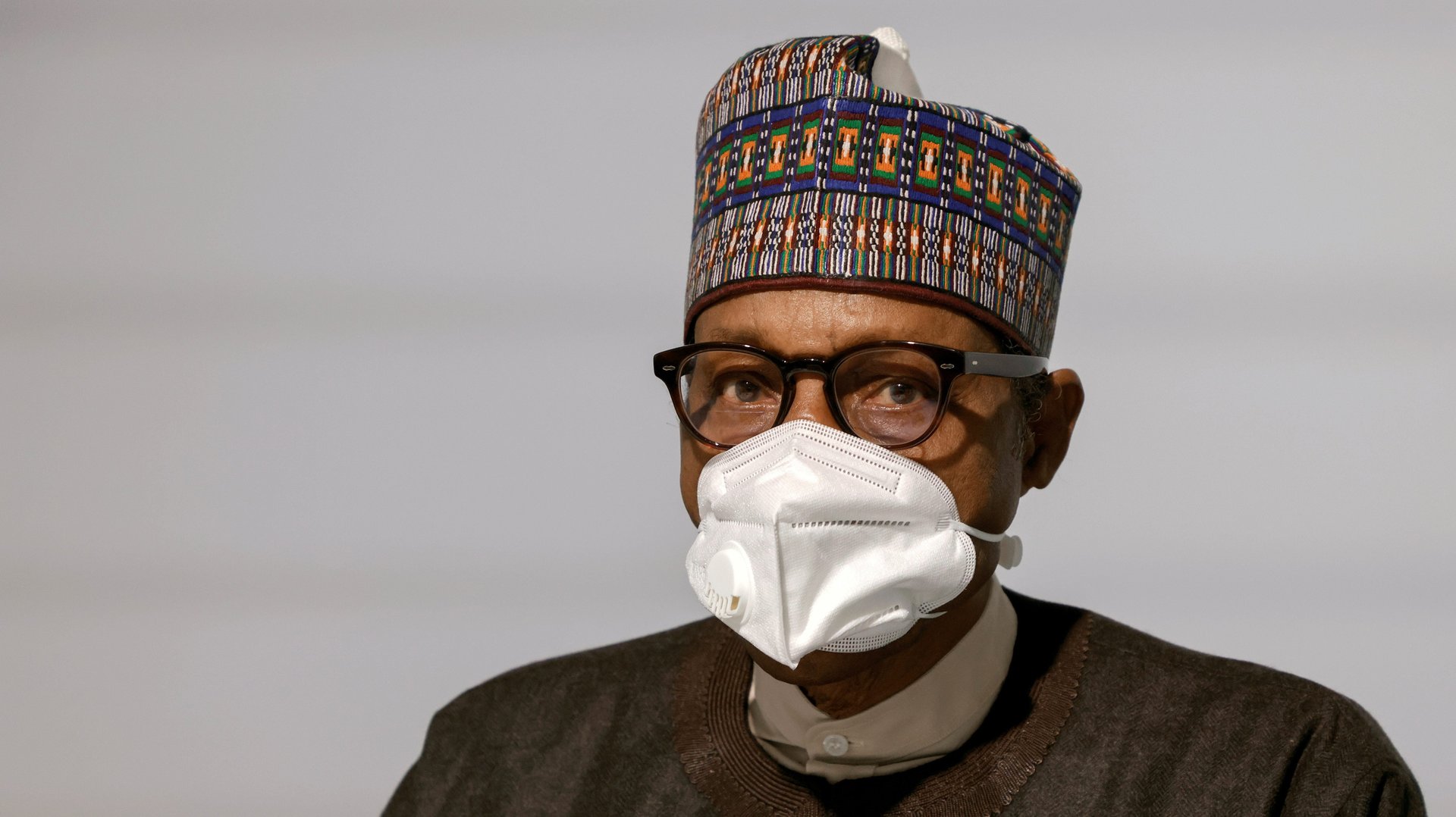Nigeria’s Twitter ban is proving costlier than just a regular internet shutdown
Nigeria’s shutdown of Twitter, which came into effect on June 5, has become a multimillion dollar economic headache for the country, impacting businesses of all sizes, from banks to startups, who use social media for activities like customer service and dispute resolution. The ban has also hit entrepreneurs and vendors who are able to gain visibility through social media campaigns and viral tweets, and the content creators, and marketers who have built a career out of running those campaigns.


Nigeria’s shutdown of Twitter, which came into effect on June 5, has become a multimillion dollar economic headache for the country, impacting businesses of all sizes, from banks to startups, who use social media for activities like customer service and dispute resolution. The ban has also hit entrepreneurs and vendors who are able to gain visibility through social media campaigns and viral tweets, and the content creators, and marketers who have built a career out of running those campaigns.
British firm Top10VPN estimates that the ban has affected around 104.4 million internet users in the country, and cost the country around $366.9 million. The firm made the calculations using a tool developed by internet governance watchdog organization Netblocks, and Internet Society, a US advocacy nonprofit. The tool is based on similar methodologies used by organizations such as the Brookings Institution, a US research organization.
So far in 2021, only Myanmar and India have had worse financial losses than Nigeria from an internet shutdown of some form, Top10VPN estimates. Uganda, which disrupted internet access in January for a controversial presidential election, is in fourth place, with its shutdown costing around $51.5 million. eSwatini is in the ninth position due to an internet shutdown in July during pro-democracy protests.
Internet shutdowns always cost millions and billions
Since 2019, 234 major internet shutdowns across 43 countries have cost the world economy $15.5 billion, according to Top10VPN’s tracker.
In the case of a social media shutdown, active users can use VPNs to bypass the firewall but there are costs, too. For one, individuals using free VPN versions are vulnerable to data theft and other invasions of privacy.
The ongoing cost of Nigeria’s Twitter ban was expected when it went into force. Being among the best-performing African countries in attracting investments for technology start-up businesses, a ban on a technology service has had a particularly outsized effect on its already ailing economy.
But the Nigerian government has largely brushed off concerns around any related economic cost. Citing the primacy of national security over other considerations, Nigeria’s minister of information, Lai Mohammed, plans to regulate social media companies by requiring them to obtain a license. “The EU says that social media platforms that publish content that is harmful to the security of a nation or make such impressionable move, such content should be removed,’’ he said a week after the ban.
Telecom operators are being sued for Twitter ban
Internet shutdowns cannot be successful without the cooperation of telecom operators. In Nigeria, service providers like South African giant MTN have remained fully compliant with the ban. But legal challenges to their complicity are in the works.
Paradigm Initiative, a digital rights group, announced on Aug. 5 that it joined a class action suit against MTN, Airtel, Globacom, and 9Mobile. The suit wants to declare the Twitter ban “unlawful, unconstitutional, and against the rights to freedom of expression,” according to a statement posted on Twitter. Paradigm Initiative also filed a separate suit against the Nigerian government and the Nigeria Communication Commission (which formally ordered telecom operators to block Twitter),with the first hearing scheduled for late October.
Nigeria could decide to let go of the ban before the case, if any of its previous conversations with Twitter succeeds. Until then, a loss rate of $6 million a day, according to Netblocks, continues to accrue.
Sign up to the Quartz Africa Weekly Brief here for news and analysis on African business, tech, and innovation in your inbox.